

Contributor
- Topics: Archive, Garden Futurist

Only someone who knew what to look for would recognize that something was wrong. But an observant plant biologist knew that the salmon-orange colored petunias growing outside of the Helsinki railway station were not natural. Samples of the plant were taken back to the lab for analysis and found to contain genetic material identical to an experimental trial done at the Max Planck Institute in 1987. In that trial a gene for pelargonidin, a red pigment found in many plants, was inserted into petunias to produce a color that would not normally be possible. A Dutch firm licensed the technology and by 1995 seed for salmon colored petunias was produced. The seed was never meant to be sold, as there wasn’t a market for genetically modified plants in the European Union. However, some of the altered petunias made it into conventional breeding programs in the United States where subsequent varieties with unusual colors were produced and sold; U.S. seed has since been destroyed. Although believed to be harmless, this escaped plant demonstrates that accidents do happen.
Greenhouse Grower, May 22, 2017
Share:
Social Media
Garden Futurist Podcast
Most Popular
Videos
Topics
Related Posts
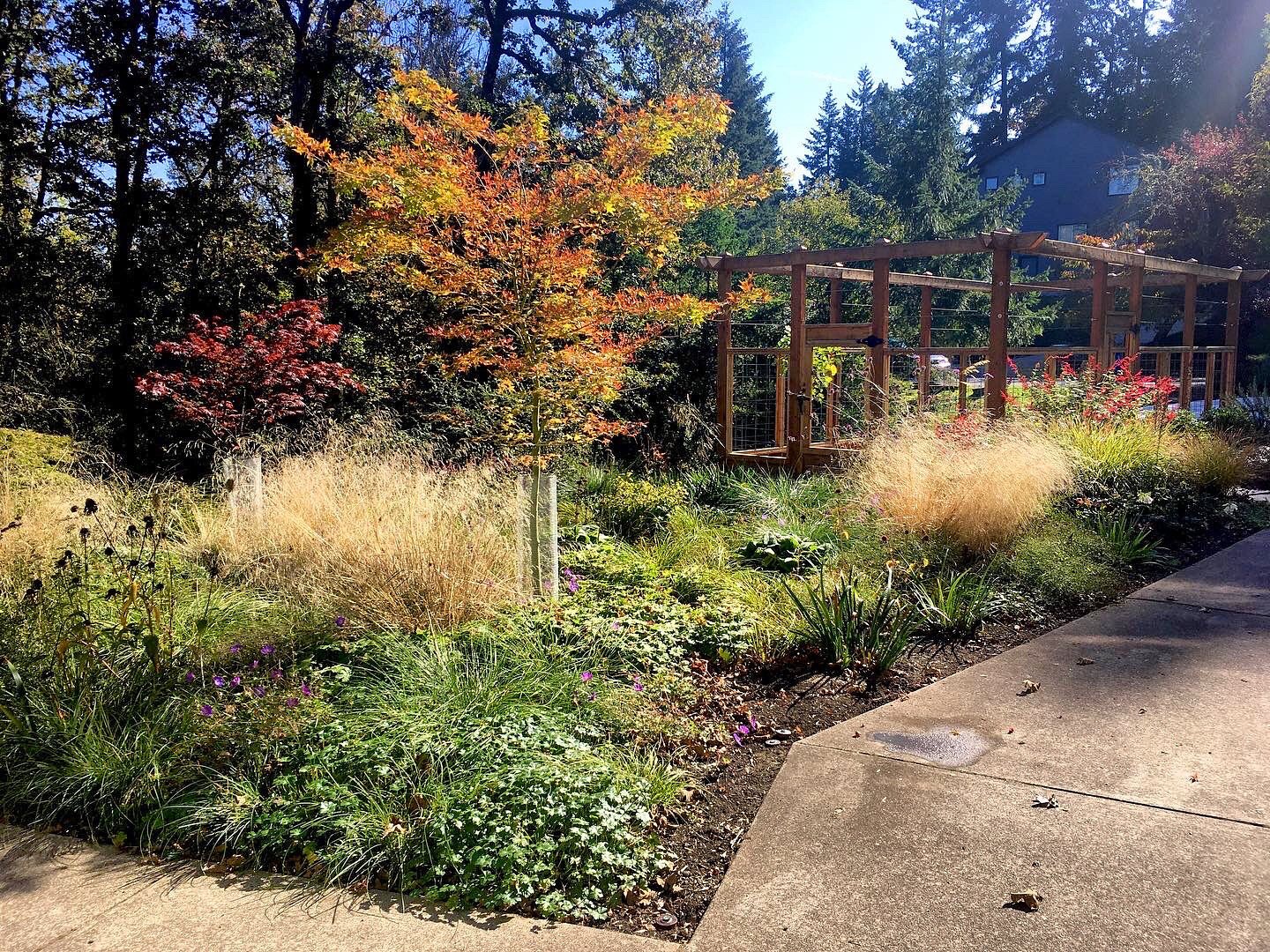
Low Maintenance Gardens – Better for Pollinators and People
Autumn 2022 “I come out every day. It’s therapy, my meditation.” Janet’s young garden transformed from overgrown, invasive plants to mostly natives. The dailiness of
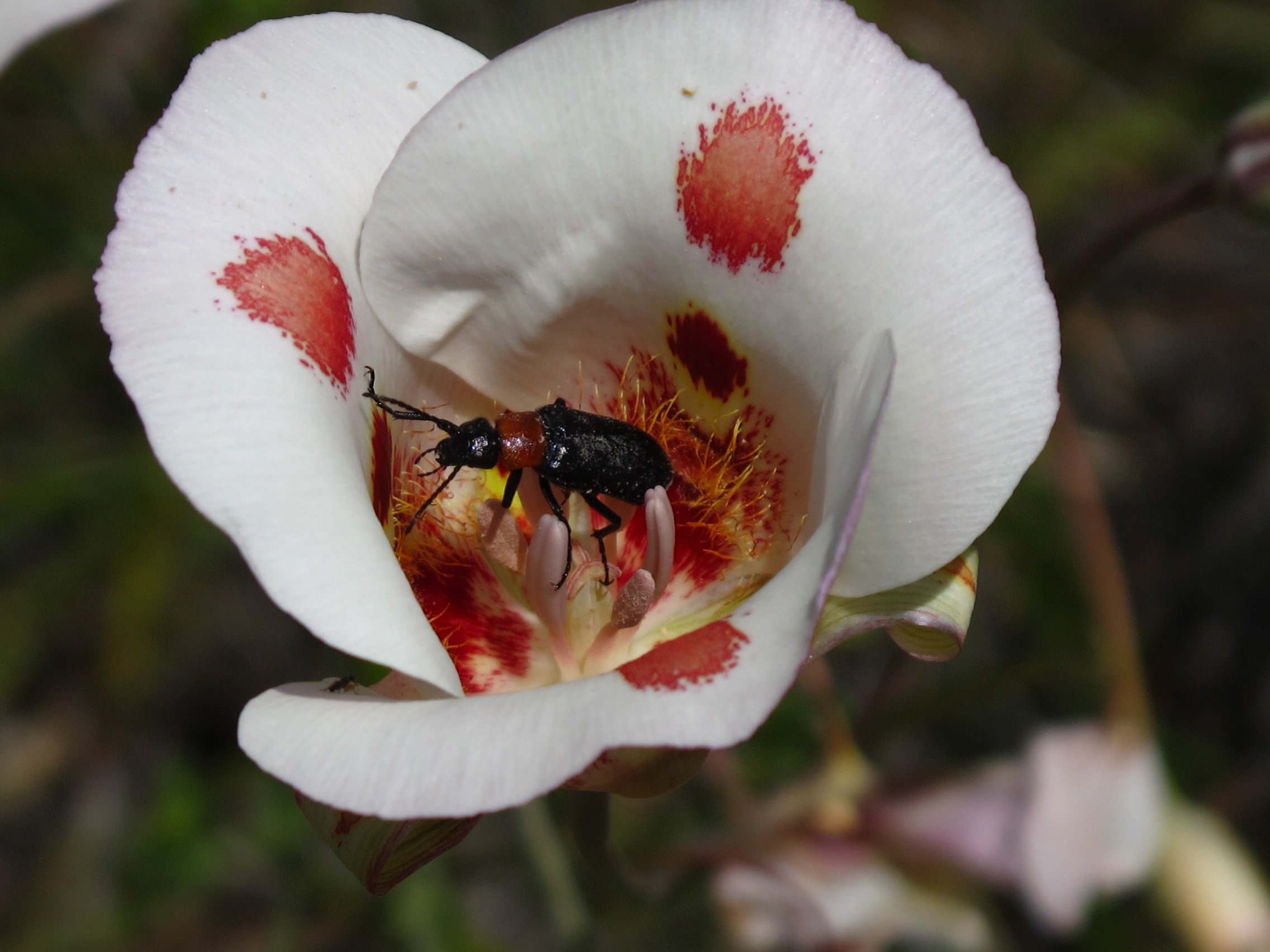
Calochortophilia: A Californian’s Love Affair with a Genus
Summer 2022 I can chart the progression of my life by Calochortus. For the last two decades, at least. As a teenage girl growing up
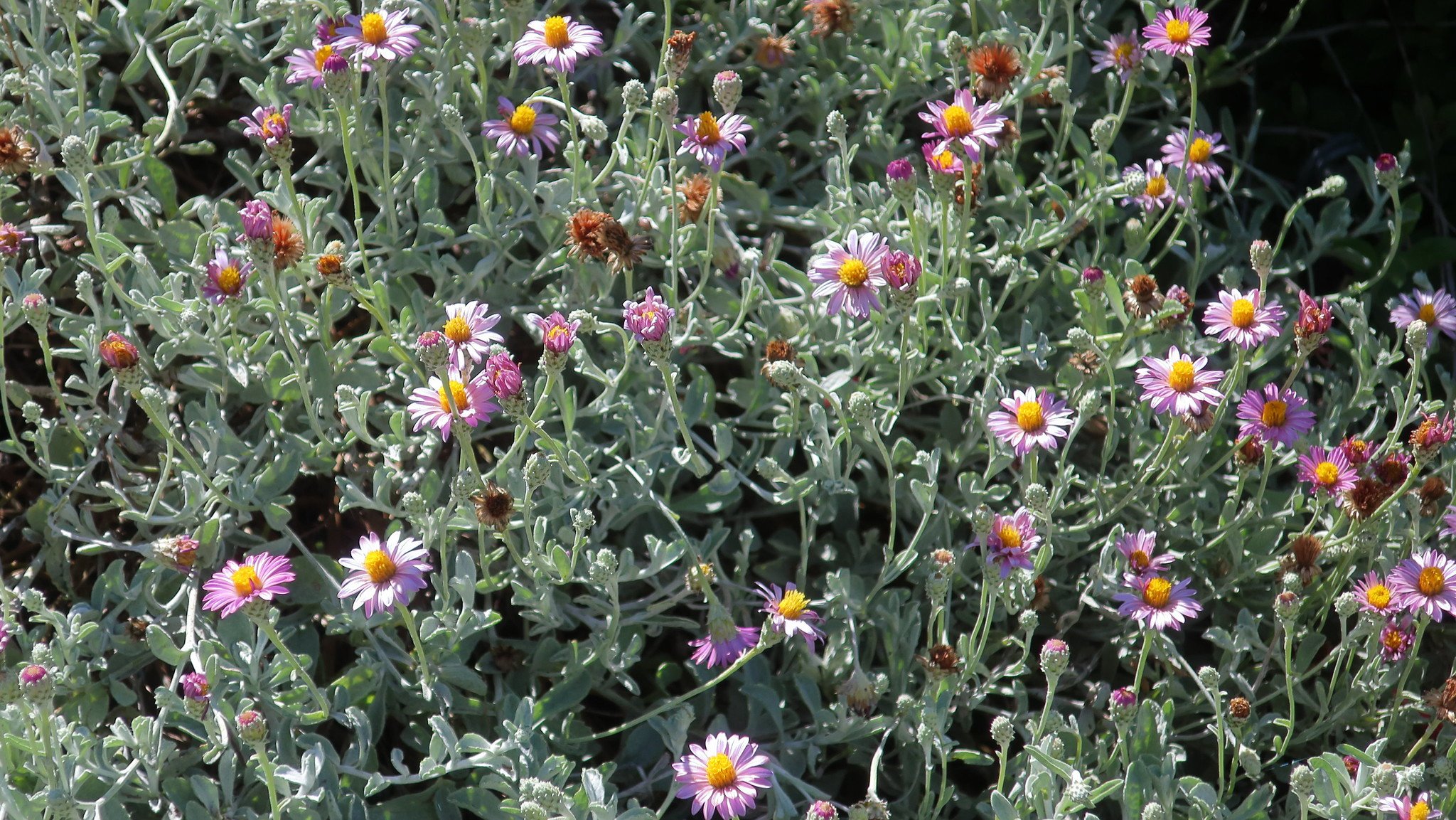
Pacific Plant People: Carol Bornstein
Spring 2022 Public gardens play a key role in demonstrating naturalistic planting design, selecting native and adapted plants for habitat, and testing techniques for reducing
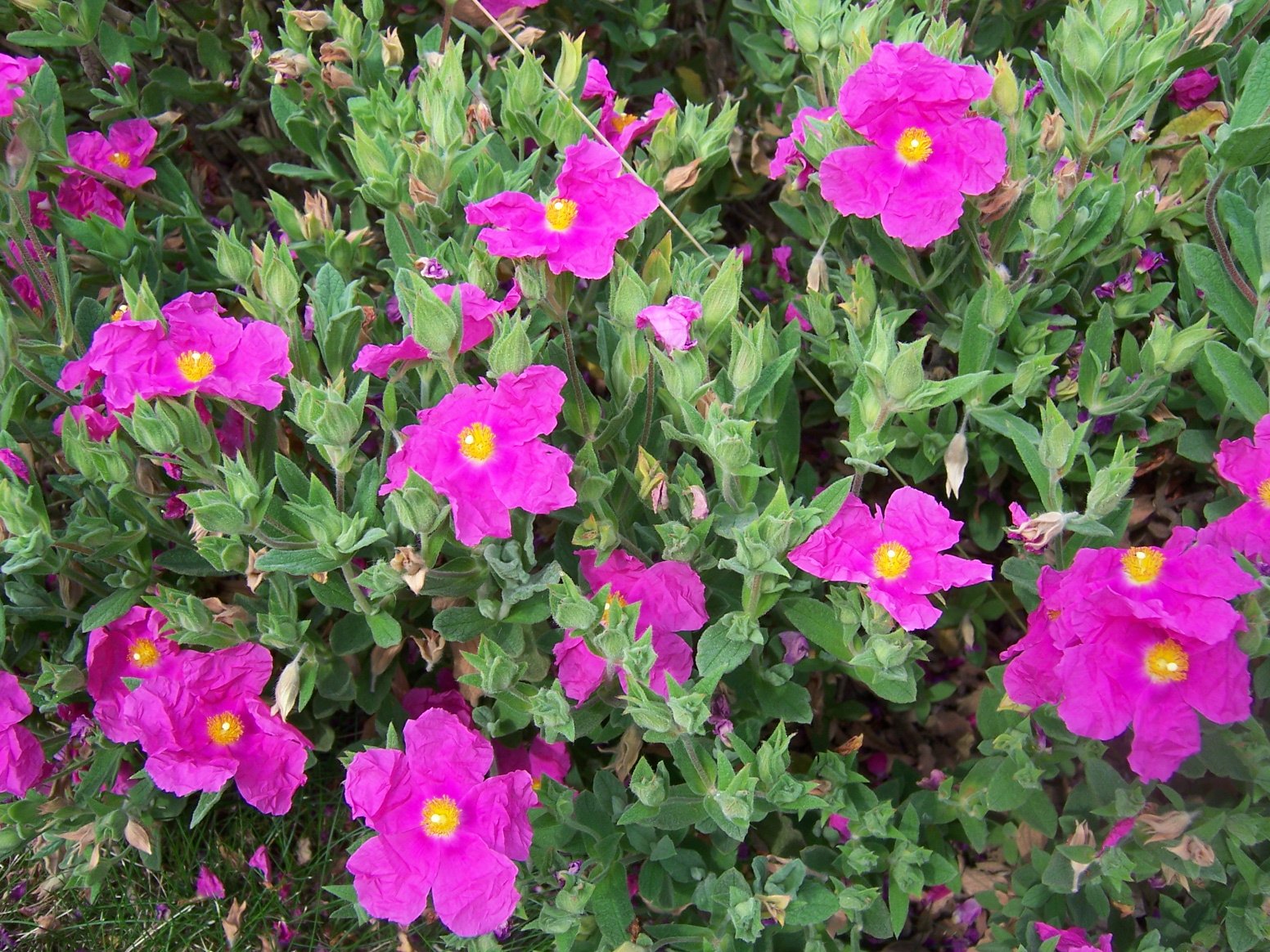
Add Year-Round Interest and Winter Blooms for Pollinators
Spring 2022 This article was created from an Interview by Merrill Jensen with Neil Bell in the Summer of 2021 for our Pacific Plant People




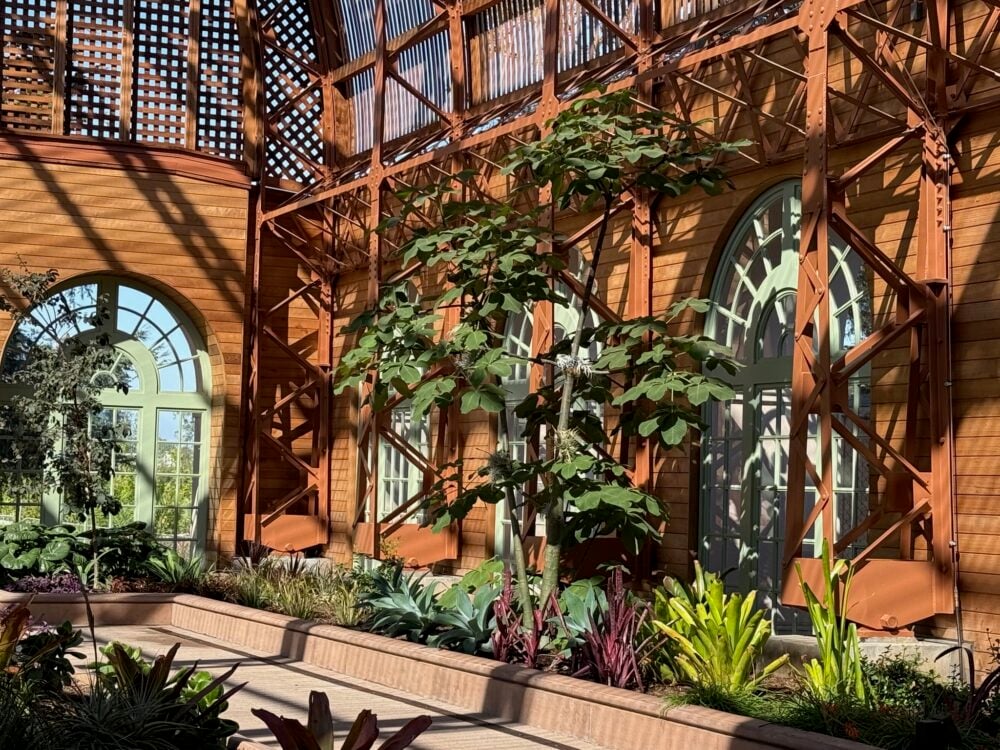



Responses